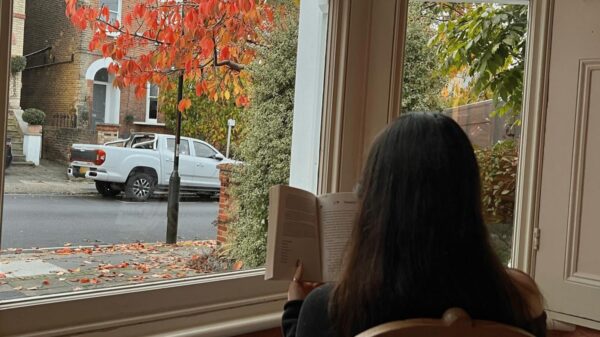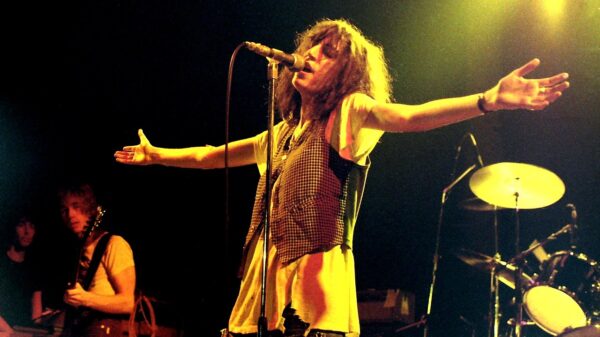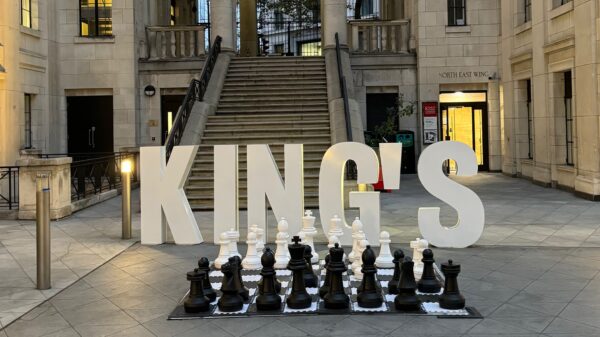WHAT makes it ok to laugh at the Holocaust? In the face of one of the great atrocities in living memory the most obvious answer would be: nothing.
Indeed if “writing poetry after Auschwitz is barbaricâ€, as Adorno would have it, then surely comedy is no better.
Yet there have been attempts at it, from Roberto Benigni’s clowning in Life is Beautiful to the troupe of comically defiant thesps in Sandi Toksvig’s novel Hitler’s Canary, and most recently in Theatre from the Theresienstadt Ghetto.
The 2015 London production was staged in the heart of Georgian Bloomsbury with students from King’s and UCL and York. It’s a celebration of the mid-Holocaust works from the ghetto in TerezÃn by its prisoners, who created cabarets.
Huge taboo
The sketches and songs that comprised the section from the London students, From the Cabarets, were a bold choice for director Leo Doulton, working against a hugely taboo topic.
The pieces are all politically driven and of their time, and it is perhaps because of this that the laugh-out-loud element is lost on a modern audience.
Instead the works become biting satires, none more so than Looking for a Spectre. Written by a 14 year-old-boy in Thereseinstadt, the play tells the story of ‘Anti-literate’, who decrees: “We don’t need people who can’t think, we need people who think what I want them to.â€
The Hitler allegory was as thinly veiled as the actress, throwing a red cloak over her previous costume to become the King.
The company kept this, and every other sketch true to their origins. Â This was not a big budget production, it was not elaborate. Â It was a small collective creating something meaningful with limited resources.
Laughter as validation
King’s student Charlotte Nohavick’s voice shone out in the musical numbers, switching from acapella to opera at the drop of a hat.  The whole cast coped well with the sketch format, switching smoothly between pieces whilst embodying the huge variety of lives and experiences locked in together in Theresienstadt.
Before the show Dr Lisa Peschel, the York academic who discovered the works, took to the stage in an attempt to consolidate the light-hearted approach and mass trauma. For her, laughter was a validation for the talents and efforts behind the rediscovered works.
The fact that nobody laughed was by no means a sign that the modern audience did not appreciate this. Â The talent of the production was watched in silent awe as they brought back to life the sheer bravery that it took to create these works originally.

















